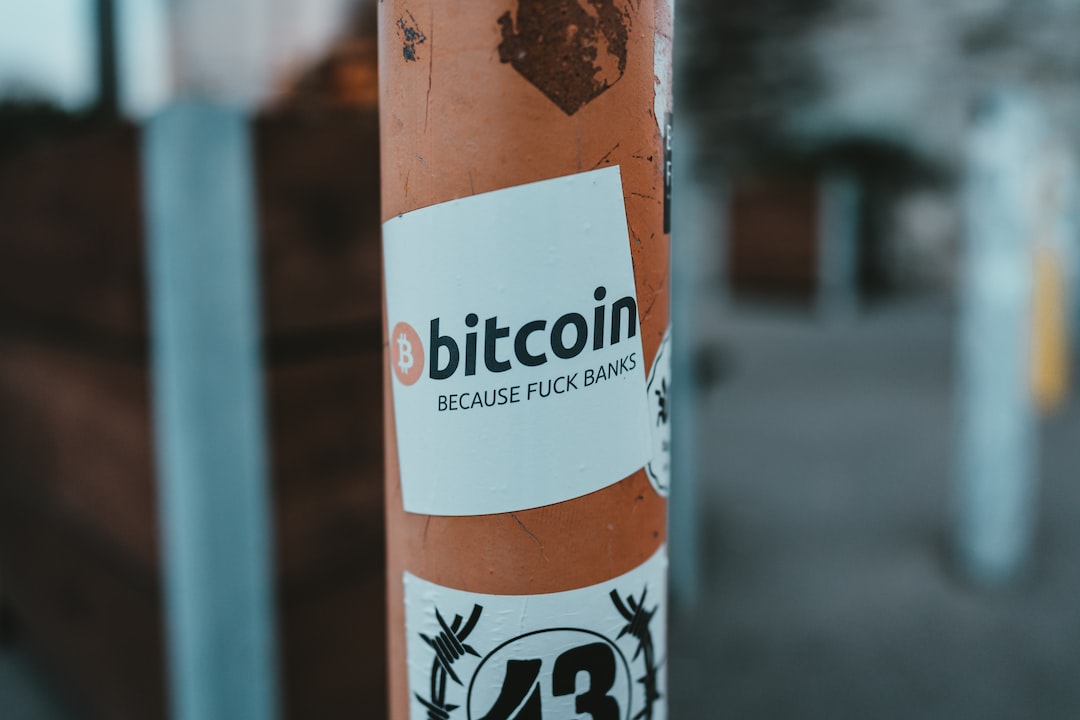Coinbase Faces Opposition from SEC in Lawsuit
Coinbase, a leading cryptocurrency exchange in the US, has been charged by the Securities and Exchange Commission (SEC) for offering unauthorized securities and providing services without proper registration. In response, Coinbase submitted a motion to dismiss the charges, arguing that their crypto tokens were not investment contracts. However, the SEC has countered with a 40-page opposition document, urging the court to reject Coinbase’s motion. The SEC emphasizes that the Howey Test, which determines if an asset qualifies as a security, applies to crypto assets that meet its criteria. The SEC also disputes Coinbase’s claim of lacking jurisdiction over securities transactions involving cryptocurrencies.
The Howey Test and Coinbase’s Ethereum Staking Service
A key point of contention in the case is the Howey Test, which was established by the US Supreme Court to determine if an asset is a security. The SEC argues that crypto assets can fall under its scope if they meet the criteria of the Howey Test. The SEC also highlights Coinbase’s Ethereum staking service as an example of a security, as it promises yearly returns from a pool overseen by Coinbase. In response to the SEC’s opposition document, Coinbase’s Chief Legal Officer took to Twitter to express his perspective, suggesting that recent court verdicts indicate tokens on Coinbase should not be considered securities.
Coinbase’s Response and Future Plans
Paul Grewal, Coinbase’s Chief Legal Officer, responded to the SEC’s opposition document on Twitter. He criticized the SEC’s stance and argued that even “Pokemon cards and stamps” could be deemed securities based on their broad definition. Grewal announced that Coinbase plans to submit its counter-response by October 24.
Hot Take: SEC and Coinbase Clash Over Securities Status
The ongoing legal battle between Coinbase and the SEC continues to intensify. The SEC has presented a strong case against Coinbase, emphasizing the application of the Howey Test to crypto assets and disputing Coinbase’s jurisdiction claims. Coinbase, on the other hand, maintains its position that their tokens should not be considered securities. This clash highlights the broader challenge of regulating cryptocurrencies and defining their legal status. The outcome of this lawsuit could have significant implications for the cryptocurrency industry as a whole.





 By
By

 By
By
 By
By
 By
By
 By
By